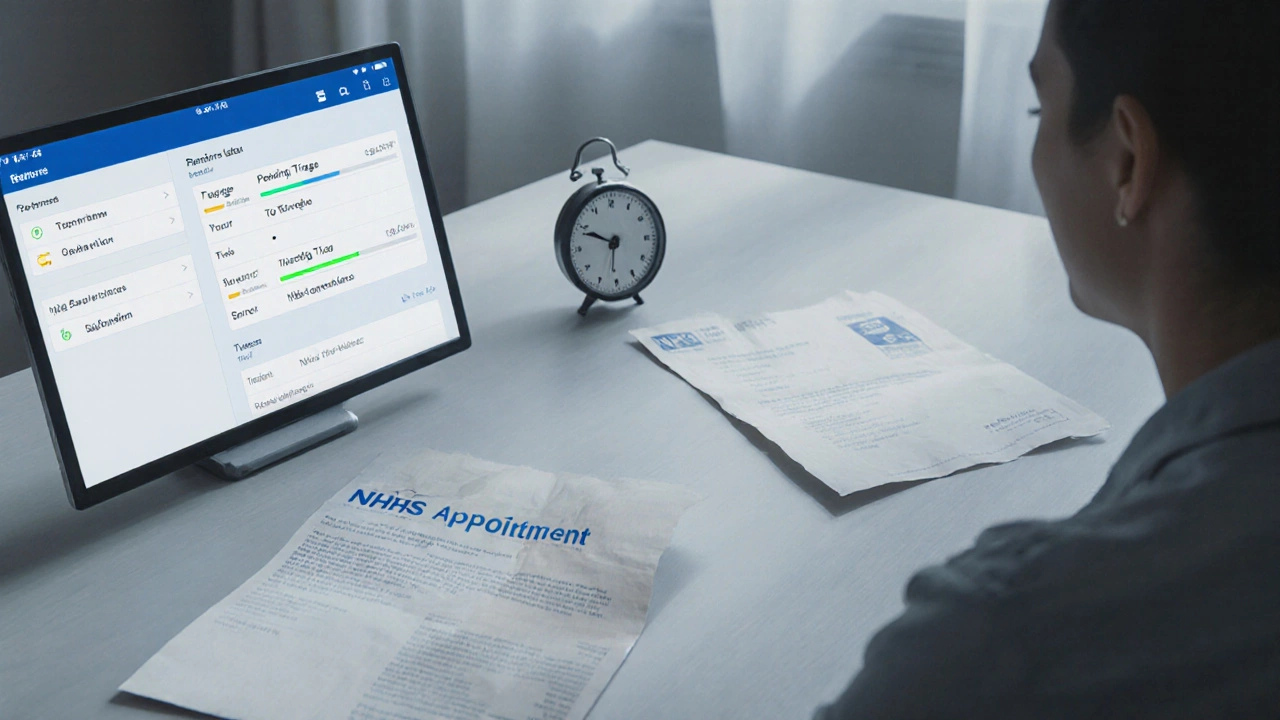NHS Waiting Times – What’s Happening and How You Can Beat the Queue
If you’ve ever stared at a waiting room and wondered when you’ll actually get treatment, you’re not alone. NHS waiting times have been in the news a lot lately, and the reality is that many people face weeks or even months for routine checks, scans, or elective surgery. The good news? There are ways to shorten the lag and make the system work better for you.
Why Wait Times Are So Long
The biggest drivers are staff shortages, rising demand, and funding gaps. When hospitals run low on doctors or nurses, appointments get pushed back. At the same time, an ageing population means more people need chronic‑disease care, putting extra pressure on every department. This mix creates the long queues you see on NHS 111 or the online appointment boards.
Practical Tips to Cut Down Your Wait
1. Use NHS 111 wisely. The phone and online service can triage you straight to the right department, sometimes skipping the general‑practice bottleneck. Be clear about symptoms and ask if a faster pathway exists.
2. Ask for a ‘fast‑track’ referral. If your GP thinks your condition is urgent, they can flag it as a priority. Don’t be shy – explain why you need quicker access, especially for pain, mobility, or mental‑health concerns.
3. Consider private alternatives for short‑term gaps. Our article on Switching Between NHS and Private Healthcare shows how you can get a private slot for a specific procedure and then return to NHS care for follow‑ups, saving time without burning through your entire budget.
4. Keep an eye on local hospital dashboards. Many trusts publish real‑time waiting‑list data. If you see a drop in wait times for a particular service, book an appointment right away.
5. Use payment‑for‑private‑room options wisely. Paying for a private room doesn’t speed up the surgery itself, but it can give you a more comfortable stay and quicker discharge, freeing up beds for others.
Also, remember that some delays are inevitable for very complex procedures. In those cases, ask your care team about support services, such as pain‑management clinics or community physiotherapy, to keep you stable while you wait.
Our tag page pulls together all the most relevant posts, so you can explore deeper topics like how to afford expensive surgery, navigating NHS 111 online, or understanding the legal side of health‑insurance coverage in the UK. Dive into those articles for step‑by‑step guides and real‑world examples.
Bottom line: while you can’t control every systemic factor, you can steer your own journey. Use the tools the NHS provides, stay proactive with your GP, and don’t overlook private‑care options when they make sense. With a little know‑how, you’ll spend less time waiting and more time getting better.




